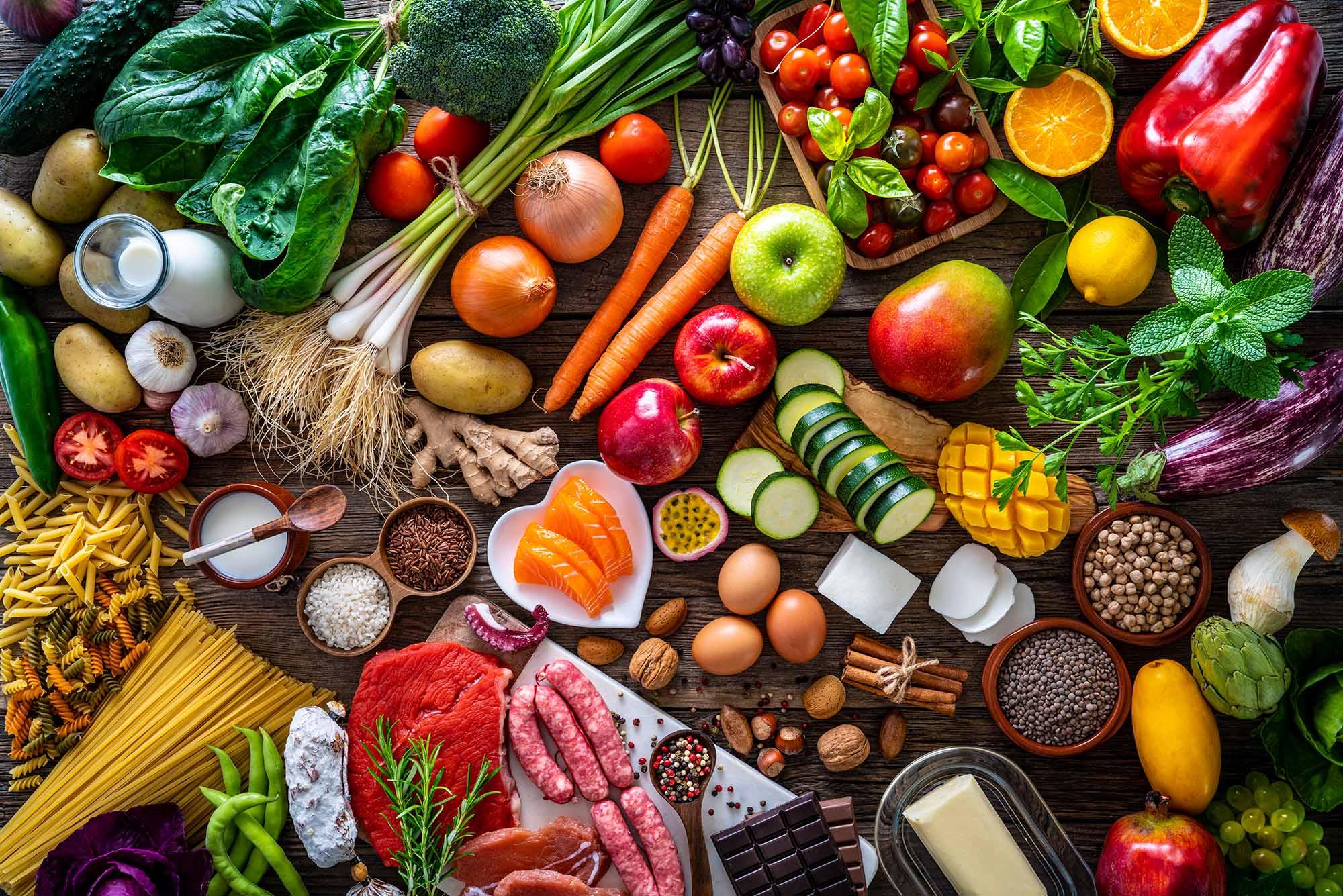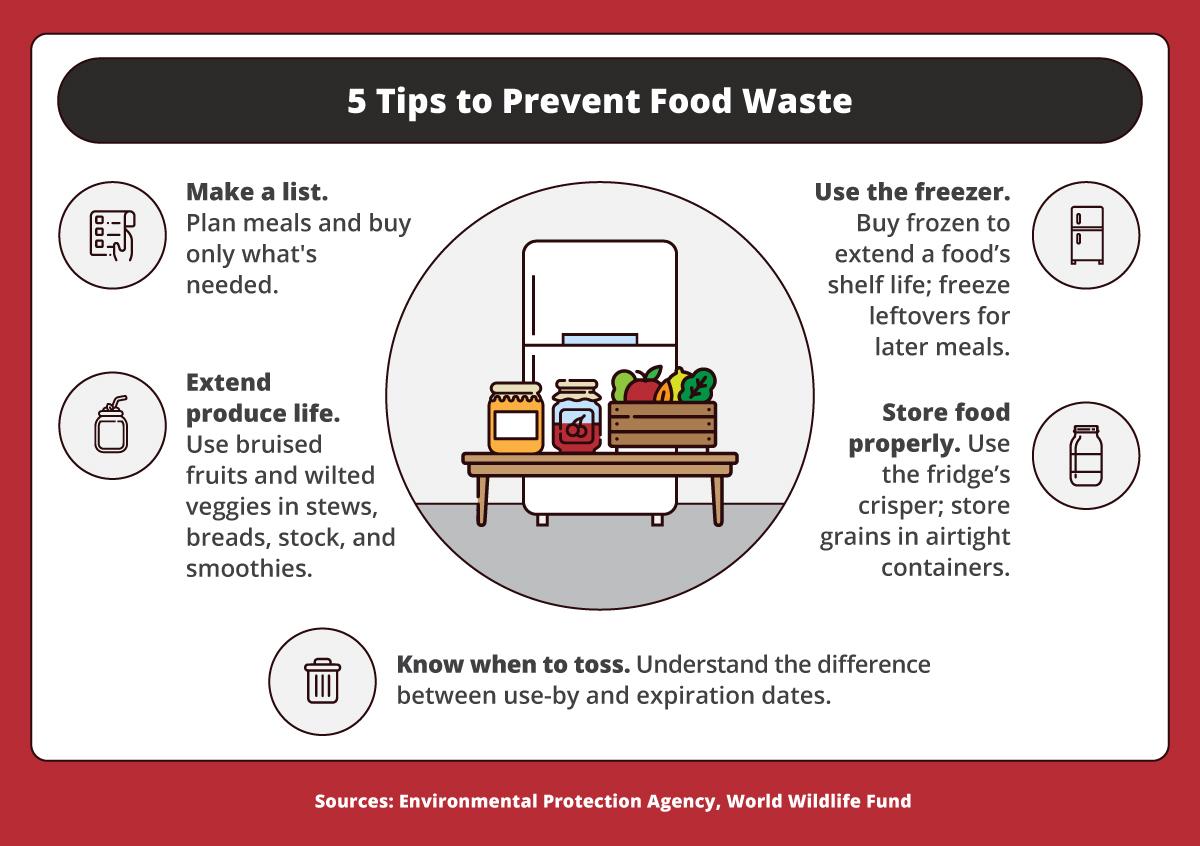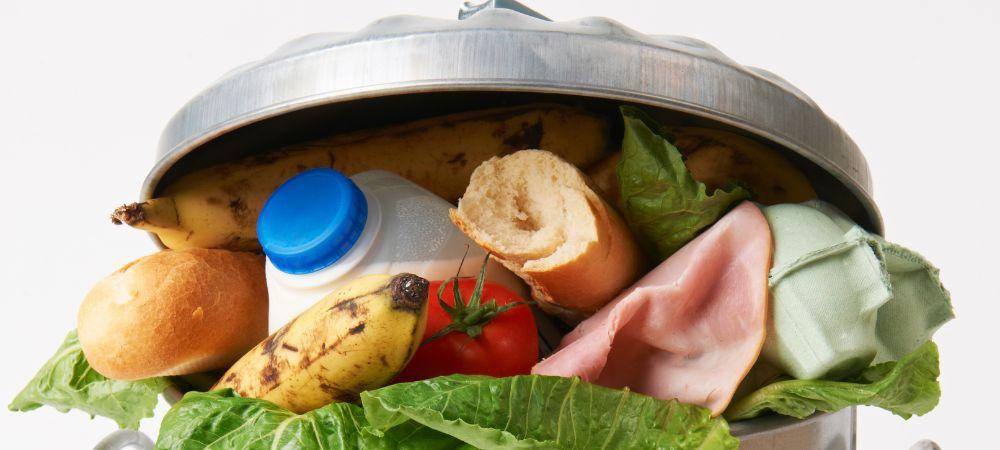In a world where environmental consciousness is becoming increasingly important, sustainable eating has emerged as a pivotal topic of discussion. By making eco-friendly food choices, individuals can play a significant role in reducing their carbon footprint and promoting a healthier planet. From farm to table, every meal we consume has the potential to make a positive impact on our environment. Let’s explore the world of sustainable eating and discover how we can make a difference one bite at a time.
Heading 1: The Impact of Food Choices on the Environment
When it comes to making food choices, it’s important to consider the impact our decisions have on the environment. By opting for sustainable eating practices, we can minimize our carbon footprint and help preserve the planet for future generations. One way to make eco-friendly food choices is by supporting local farmers and purchasing organic produce. This not only reduces the carbon emissions associated with long-distance transportation but also promotes healthier soil and biodiversity.
Another way to adopt sustainable eating habits is to reduce meat consumption and incorporate more plant-based proteins into our diets. Livestock farming is a major contributor to greenhouse gas emissions, deforestation, and water pollution. By choosing plant-based alternatives, such as legumes, nuts, and seeds, we can help reduce our environmental impact while still enjoying delicious and nutritious meals. Small changes in our food choices can make a big difference in the health of our planet.

Heading 2: Choosing Locally Sourced and Seasonal Produce
When it comes to sustainable eating, one of the best choices we can make is opting for locally sourced and seasonal produce. By choosing fruits and vegetables that are grown close to home, we not only support local farmers and businesses but also reduce the carbon footprint associated with transportation. Plus, local produce is often fresher and more flavorful, as it is picked at peak ripeness and doesn’t have to travel long distances to reach our plates.
When shopping for groceries, look for signs that indicate the produce is locally sourced. Farmers’ markets are a great place to find a wide variety of seasonal fruits and vegetables, as well as connect with the people who grow your food. Another option is joining a community-supported agriculture (CSA) program, where you can receive a weekly box of freshly harvested produce directly from local farms. By making the choice to eat locally sourced and seasonal produce, we can reduce our environmental impact and support our community’s economy.

Heading 3: Embracing Plant-Based and Meatless Meals
As we strive to make more sustainable choices in our daily lives, embracing plant-based and meatless meals is a great way to reduce our carbon footprint and help protect the environment. By incorporating more fruits, vegetables, grains, and legumes into our diets, we can decrease the demand for animal products that require a significant amount of resources to produce. Plant-based meals are not only better for the planet, but they can also be delicious, nutritious, and versatile.
When transitioning to a plant-based diet, it’s important to explore a variety of ingredients and recipes to keep meals exciting and satisfying. Try incorporating **plant-based proteins** such as tofu, tempeh, chickpeas, and lentils into your meals for a hearty and nutritious boost. Experiment with different cooking techniques, spices, and sauces to enhance the flavors of plant-based dishes. By making small changes to our eating habits and embracing meatless meals, we can make a positive impact on the planet while enjoying delicious and eco-friendly food choices.

Heading 4: Reducing Food Waste Through Mindful Consumption
When it comes to reducing food waste, being mindful of our consumption habits is key. One way to do this is by making eco-friendly food choices that not only benefit the environment but also promote sustainable eating practices. By selecting foods that are locally sourced, organic, and in-season, we can help minimize the carbon footprint associated with food production and transportation. Additionally, opting for plant-based meals can significantly reduce water usage and greenhouse gas emissions, making a positive impact on the planet.
Another way to practice mindful consumption is by meal planning and proper storage of food items. By planning our meals ahead of time, we can avoid overbuying groceries and ensure that all purchased items are used efficiently. Storing food properly, such as using airtight containers and keeping perishable items in the refrigerator, can help prolong their freshness and prevent unnecessary waste. By making small changes in our daily eating habits, we can contribute to a more sustainable and eco-friendly food system for the future.
In Conclusion
In conclusion, embracing sustainable eating is not just about making eco-friendly food choices, but also about nourishing our bodies and our planet for generations to come. By making small changes in our diet, we can make a big impact on the environment. Let’s continue to explore new ways to eat consciously and responsibly, and in doing so, help create a healthier and more sustainable future for all. Remember, every bite matters. Thank you for reading and joining us on this journey towards a more sustainable world.
 Journey Junkies Hub
Journey Junkies Hub


